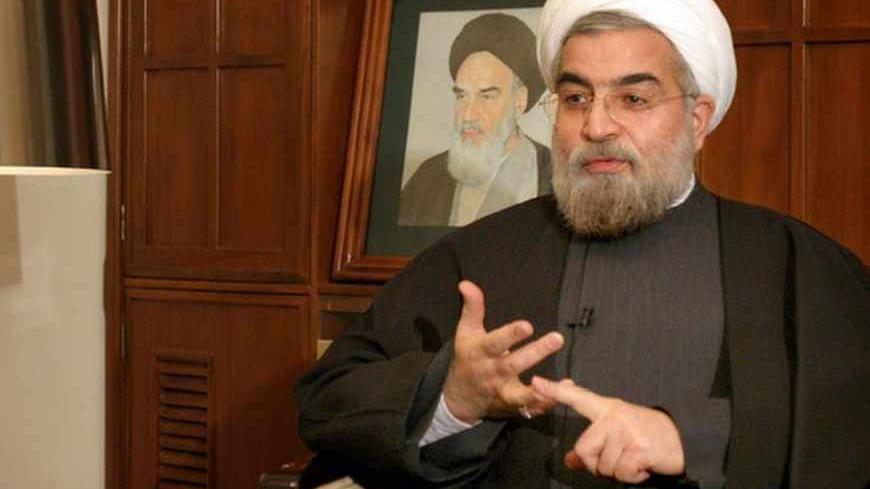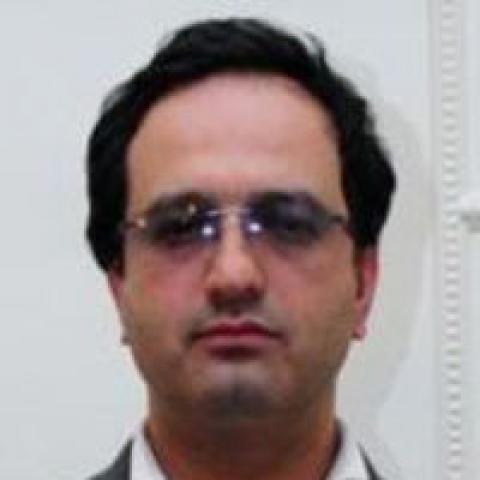With Iranian President Hassan Rouhani in power, the issue of starting talks with the United States has once again become central in Iran’s domestic politics. Some are in favor of initiating the talks, perceiving them as necessary for removing the sanctions and thus solving Iran’s current economic problems. Others are against it, believing that initiating such talks with the United States is useless and will only endanger Iran’s security-ideological interests. While the issue of direct talks with the United States has become a political matter in Iran, the talks are only likely to occur when there is a convincing chance of success to preserve the country’s interests with a consensus among Iran's various political forces.
From the perspective of the moderate Reformists, America, a superpower, is a key player in the nuclear negotiatons of the five permanent members of the UN Security Council plus Germany (P5+1) with Iran, and the main driving force behind the creation of the current global coalition imposing coercive economic sanctions against Iran. In this context, they relate the improvement of Iran’s economic conditions to establishing talks and restoring relations with the United States.



